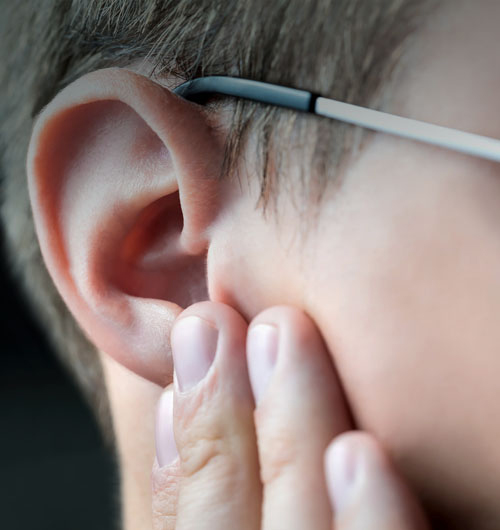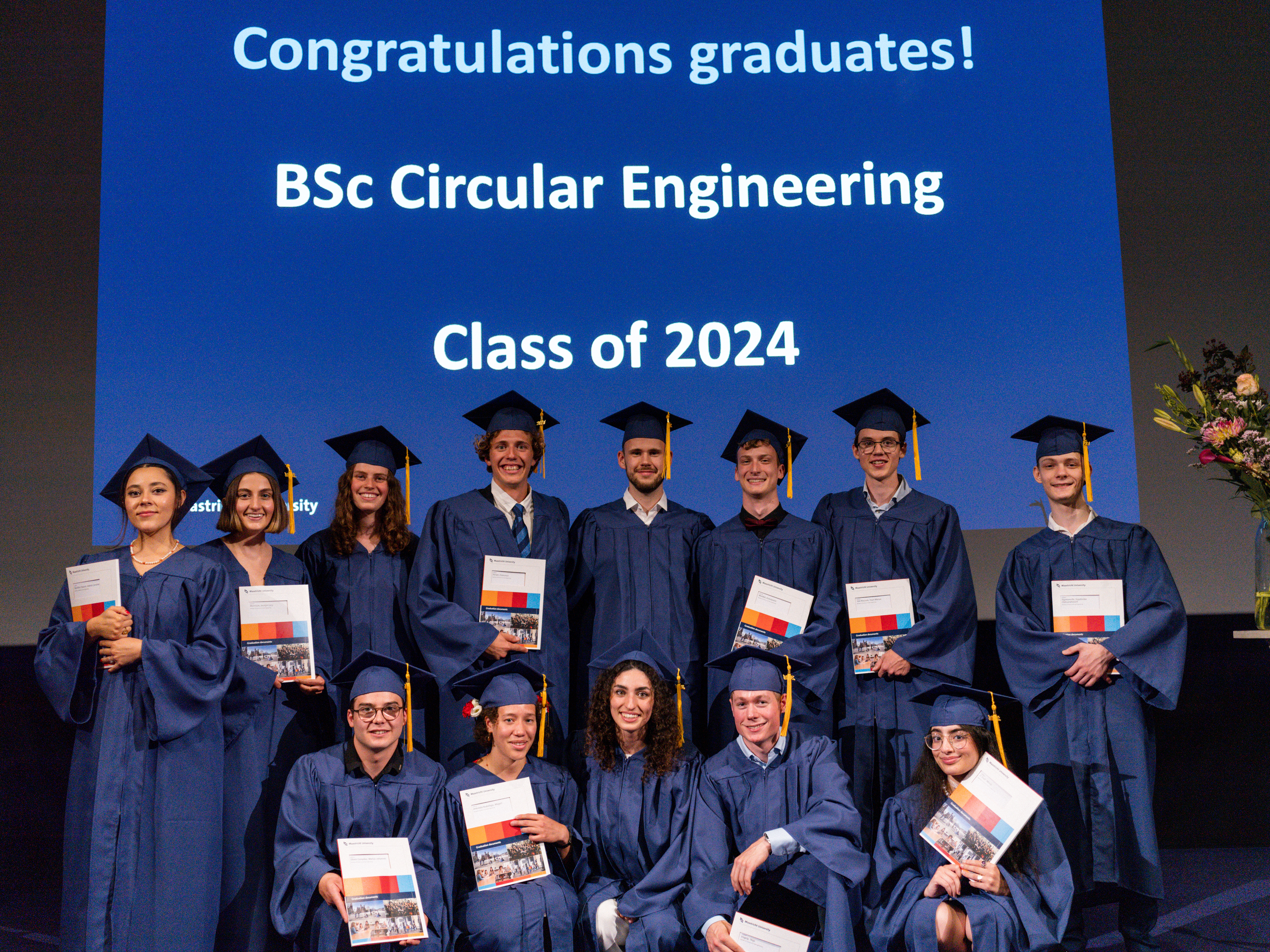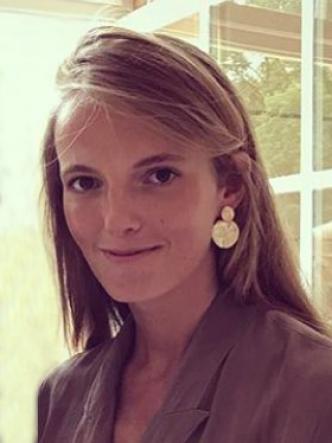Ringing in the ears and not being heard…
For tinnitus, better known as ringing in the ears, a cognitive behavioural therapy developed by UM researchers is the best treatment option. Last year, researcher Rilana Cima was buried in media requests, because ‘their’ treatment was added to basic health insurance coverage in the Netherlands and designated as the ‘standard treatment’ by the European treatment directive for tinnitus. But this is no time for Cima to sit still because tinnitus care can still be improved in many ways, as was shown in one of the recent studies she participated in.
- Do you think a ‘tinnitus awareness week’ is important?
“Absolutely! There is still little funding or interest in research into effective treatment methods, risk factors, patient profiling and experimental research into the psychological mechanisms that perpetuate the symptoms. There are also quite a lot of misconceptions about this condition, partly because not much attention is given to it. Because of this, people who suddenly begin suffering from it often feel unheard and GPs often provide information that is not helpful.”
-Because you never really get rid of tinnitus?
“Our research has shown that you can reduce the discomfort caused by tinnitus. So after the specialised cognitive behavioural therapy, many patients will no longer constantly be aware of the tinnitus, just as people who live next to a busy road or along a train track no longer hear the sound. They will no longer experience discomfort from it, and will be able to resume their lives as they did before they started to experience tinnitus. In the treatment, called exposure therapy, exposure techniques are used along with other methods, with which we can eliminate strong negative reactions.”
- So this has been promoted throughout Europe since last year, when the therapy was recommended by the European Treatment Directive?
“Unfortunately, a widespread implementation is not that simple. Even the implementation of this treatment in the Netherlands alone doesn’t happen without its challenges, let alone across Europe. For example, we recently published a large-scale survey study on existing tinnitus care in 28 European countries. This shows that the range of care and treatment options depends strongly on the country in which you live or even the institution where you’re a patient. In the Netherlands, we are still at the forefront, but in the south and east of Europe your doctor sometimes just sends you home with an aspirin because there is insufficient expertise or money to promote this. So much is still needed to improve policy and insights and to standardise the treatment options that are offered.”
- What can you do as a researcher to facilitate that?
“Primarily trying to raise money wherever you can, working together with other scientists, engaging policymakers and publishing results from research. For example, Thomas Fuller, a PhD candidate in our group, myself and other tinnitus experts published a Cochrane Review last month on the current knowledge regarding the effectiveness of cognitive behavioural therapy for tinnitus. The Cochrane Library is known for publishing very thorough ‘systematic reviews’ and ‘state-of-the-art’ evidence within scientific disciplines and is consulted by many different disciplines. It was an enormous mountain of work—a years-long project—but now there is a lengthy manuscript that contains the most recent scientific evidence available regarding the effectiveness of cognitive behavioural therapy for tinnitus.”
- Wonderful! What’s next?
“In collaboration with professors Johan Vlaeyen and Nicolas Verhaert from KU Leuven, where I now have a temporary appointment, we have succeeded in becoming the Belgian partner in a new large European tinnitus project. The EU is allocating six million euros for a major study entitled ‘Unification of Treatments and Interventions for Tinnitus Patients’ (UNITI), coordinated by the University of Regensburg, in which 9 countries and 13 institutions are participating. In this project, we will focus on the combination of cognitive behavioural therapy with other treatments. We will use a promising new research method, the N=1 study, to try and predict which treatment elements are effective, in which combinations and how the disorder progresses within one individual, before, during and after the treatment phases. There will be a symposium on this method at KU Leuven on 7 and 8 April.”

Dr Rilana Cima published a scientific article in the top journal The Lancet in 2012 about the positive effects of cognitive behavioural therapy on people with tinnitus.
She developed the therapy together with Prof. Johan Vlaeyen (professor at UM and at KU Leuven), clinical experts at Adelante Audiology & Communication, and MUMC+. She is currently also working at the Adelante healthcare group as a research coordinator.
More information about the tinnitus treatment at Adelante (in Dutch).
Also read
-
"We are the pioneers in a brand-new field of engineering sciences, not just in Maastricht but globally as well", says Francesco Ferrari about the group of thirteen students, himself included, who in July received the first bachelor's degree in Circular Engineering.
-
Aleksandra Komornicka has received a Veni grant of € 320,000 from NWO for her project ‘The Market Next Door: Western European Multinationals and the Remaking of Central Europe, 1969-1993’.
-
Moving orange spots on a yellow background are the first indication that something unusual is taking place in Maastricht's limestone quarry, Sint-Pietersberg. A closer look reveals that these are people clothed in orange vests. They are Maastricht Science Programme students and supervisors.

